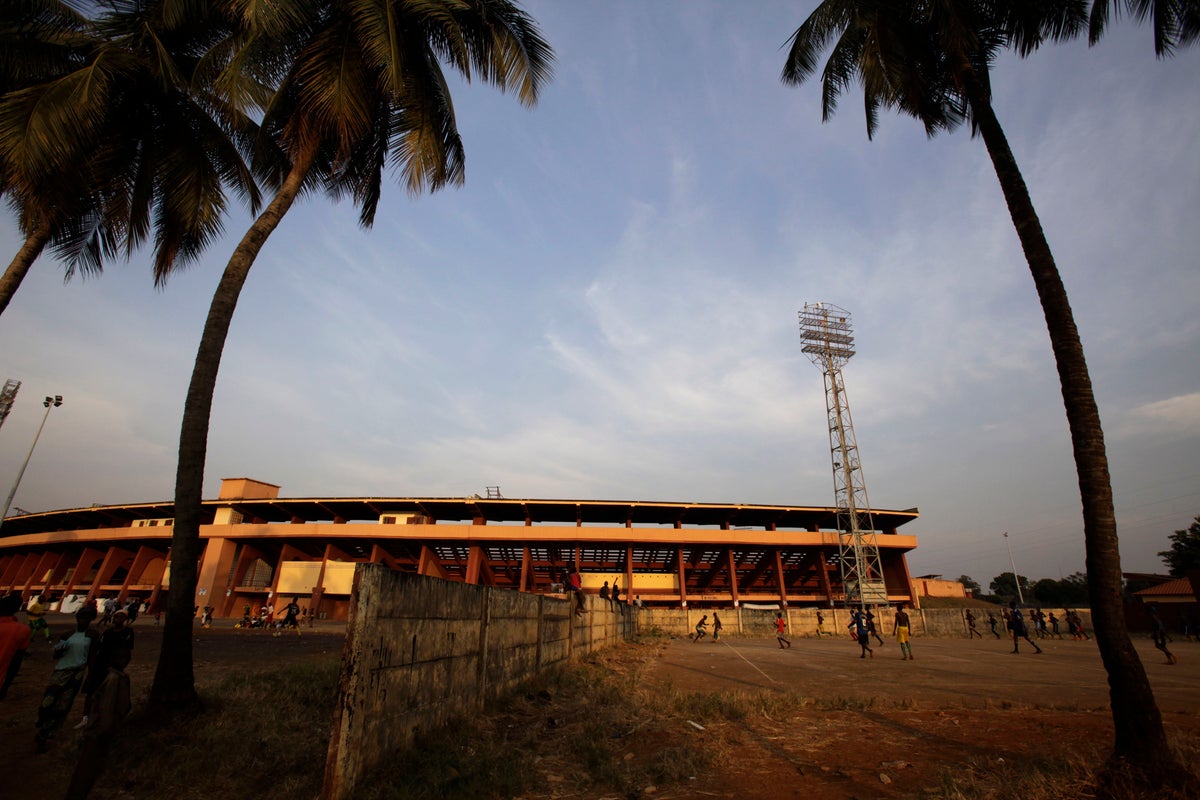
Support truly
independent journalism
A Guinea court on Wednesday sentenced former junta leader Moussa “Dadis” Camara to 20 years in prison after finding him guilty of crimes against humanity in the 2009 stadium massacre by the military that killed at least 157 people and left dozens of women raped.
Guinea’s Criminal Court convicted Camara and seven other high-ranking officials after a prolonged trial on charges of murder, kidnapping and rape that were reclassified as “crimes against humanity" on Wednesday. Four other accused were acquitted.
More than 100 survivors and victims’ relatives testified in the trial that started in November 2022, more than a decade after the massacre and under pressure from families and activists demanding justice.
The demonstrators at the stadium in Sept. 2009 were protesting Camara’s plans to run for president when soldiers opened fire on them and raped dozens of women. The then-military leader had staged a coup the previous year.
The junta at the time said “uncontrolled” elements of the army carried out the rapes and killings. But Camara’s top aides were at the stadium and did nothing to stop the massacre, a Human Rights Watch report said.
Many of those killed at the stadium protest were shot, crushed or knifed to death while some of the women were dragged out from hiding and gang-raped by uniformed men over several days, witnesses said.
Many could not flee the gunfire after Camara’s presidential guard surrounded the stadium and blocked the exits, survivors said.
It took several days before the families of the victims were allowed to come and collect the bodies, they said during the trial. Many, though, never found the bodies of their relatives.
Camara fled into exile after he survived an assassination attempt several months after the massacre but returned to Guinea more than a decade later.
“If I’m here before you it’s because of my patriotism, otherwise I would not have agreed to come,” he said on his first day in court to face trial in 2022, adding that he was asleep as the massacre unfolded.
While in jail late last year, Camara was released by gunmen who stormed the country’s main prison but was back in custody hours later as his lawyer said he had been kidnapped.
____
Follow AP’s Africa coverage at: https://apnews.com/hub/africa







